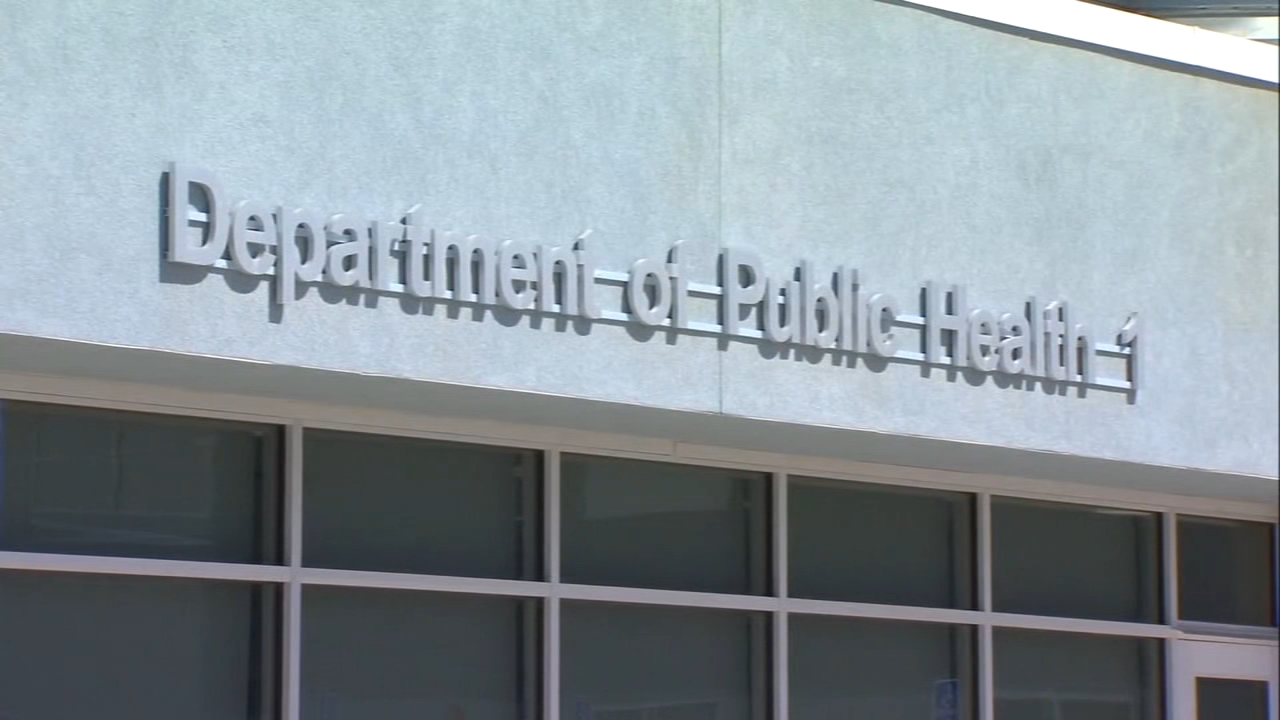The Central Valley and the entire state are short on the needed staff for contact tracing, but some local technology could help us catch up fast.
[Ads /]
A single COVID-19 patient might contact dozens of people before a diagnosis and the isolation that follows.
So every county now has a dedicated staff of people trying to cut off the spread of the virus by tracing a patient's contacts.
"It becomes more and more evident that you can pick up on trend pretty early if you have really smart people in place to do contact tracing," said Dr. Rais Vohra, the Fresno County health officer.
Dr. Vohra says Fresno County has between 30 and 50 people performing contact tracing, a small fraction of the 300 public health officials believe is necessary to manage the virus and minimize future outbreaks.
But the state is now stepping in to boost the numbers.
[Ads /]
"All of this is important and I think is good news because this allows us to move forward with some modifications of our stay at home order," said Gov. Gavin Newsom.
The governor's plans to start reopening the economy rely on a large amount of testing and tracing. The state is launching a virtual academy this week to add 20,000 tracers to the state's current 3,000.
But a Fresno company is working on another way to increase tracing without needing as many people.
"I think that technical solutions will definitely make contact tracing more efficient," said Dr. Vohra.
"Someone's going to have to call these folks, but rather than spending half a day reaching the sick individual, I want the sick individual to tell me where he works from," said Jeremy Ealand, a tech expert with Sierra Pacific Orthopedics.
[Ads /]
A tech spinoff from Sierra Pacific Orthopedics created an app where people can track their own health and give public health officials a head start on tracing when someone gets sick.
If someone develops symptoms, the app will set off alarms for the people they socialize with.
Unlike a Google and Apple collaboration, it does not track you by your phone. It relies on self-reporting. It could be very useful to get some businesses back open.
"We want to give organizations the ability to get in front of this and be able to say 'Hey, we can operate as a non-essential or as an essential, because we've applied the tools necessary to track illness within the community of our employees and the community of our student,'" Ealand said.
Those organizations would pay about $3 per person per month to use the app, but the idea is to get them open, and save at least as much money on manpower.

